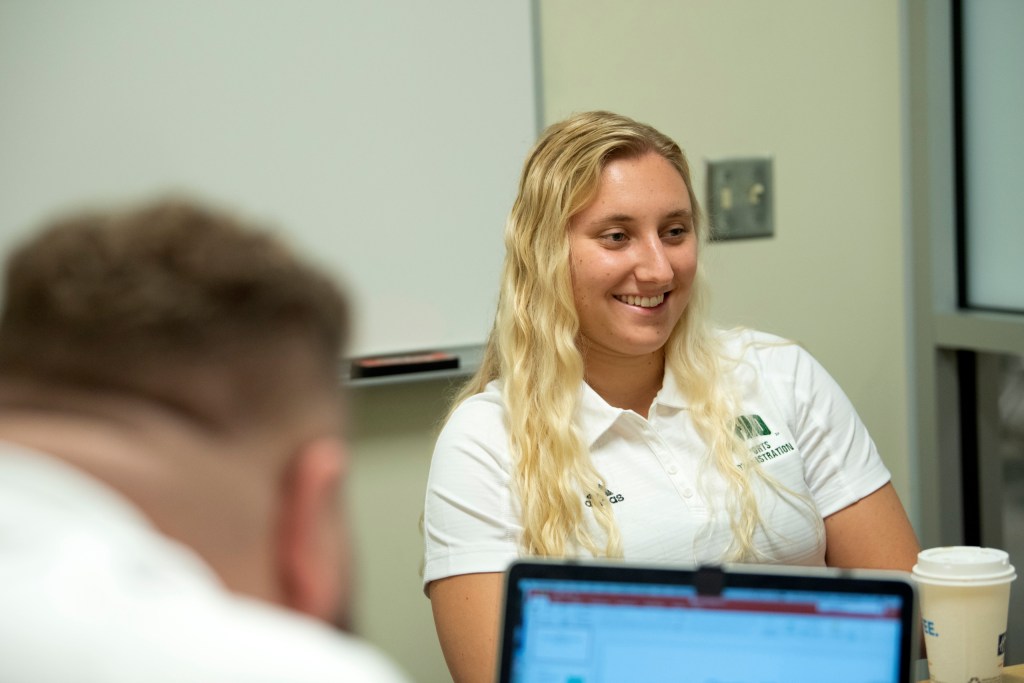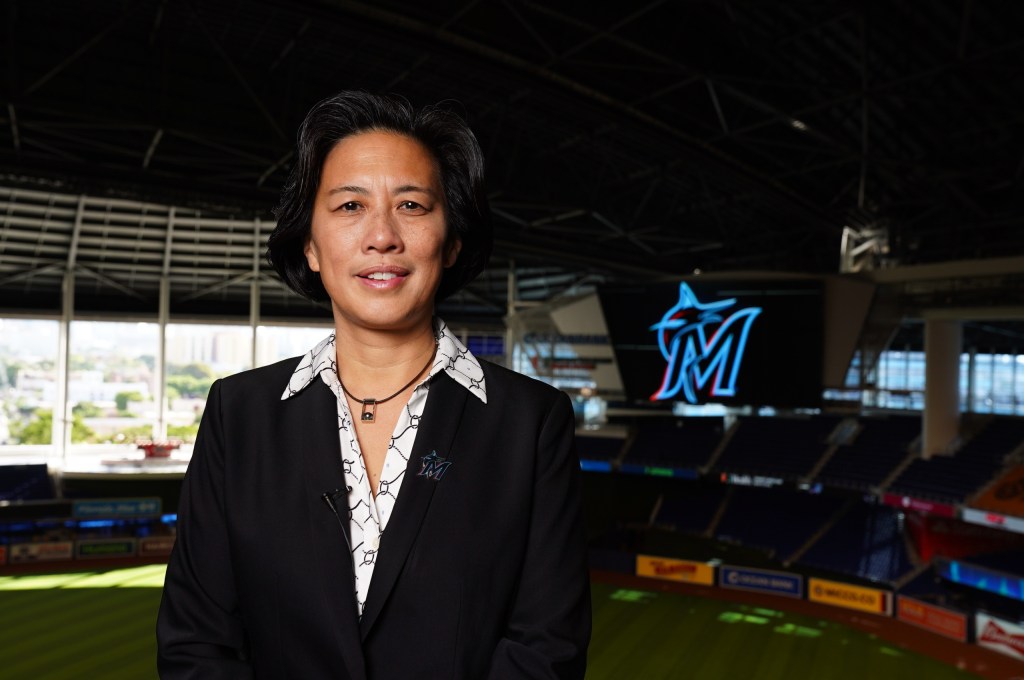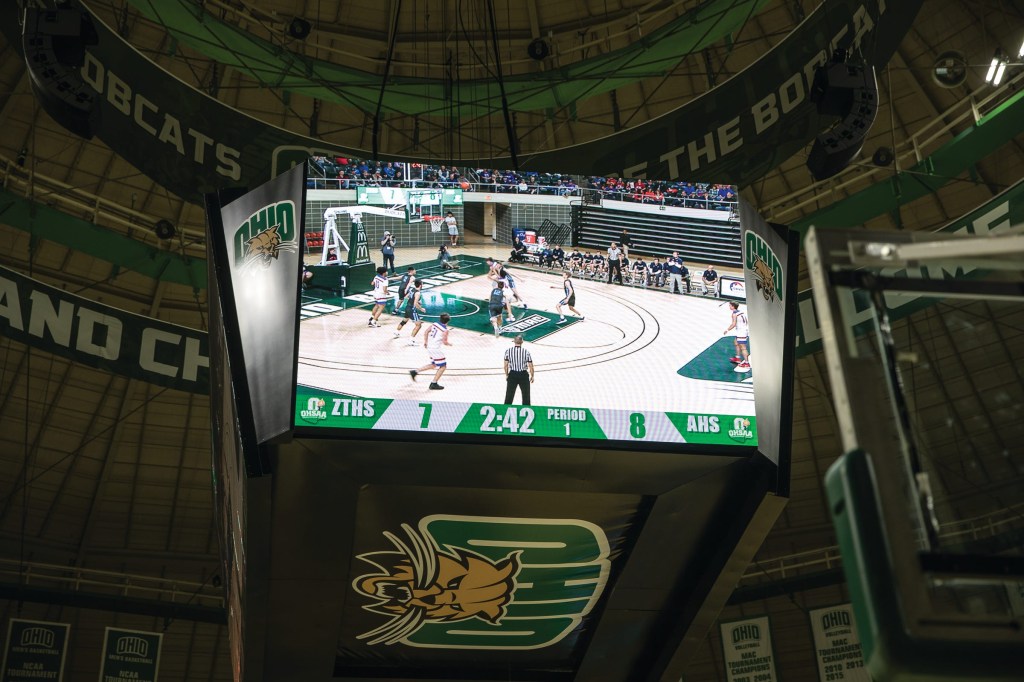By: Karen Freberg, @kfreberg

It’s always interesting to hear how people perceive professors. Some say we are only teachers or we stay in our offices 24/7 reading books and manuscripts about theoretical foundations on our field. While there are professors who do this, this is not always the case.
As a professor at the University of Louisville, this is what I tell my students as soon as we start our semester: I am not a typical professor and this is even shown in my office, where Angry Birds, Dr. Who, and Minions cover my desk and walls. I even have a picture of me competing in the shot put for the University of Southern California (I joke with my students I used to throw things for a living).
While I have a unique background to share with my students, it is important to understand along with new media and shifts in society, different roles have evolved as well, like professors. With that being said, professors in the 21st century not only have to be skilled in research and understanding the underlying concepts that help define our fields, we also have to be skilled in emerging communication practices, rising trends in our fields, and multitask in balancing our daily roles in and out of the classroom with our research, teaching, and service obligations.
There are many reasons why professors are more than just teachers, and here are some areas where they can help young professionals, students, and others in the field understand what they can learn from us:
Professors are natural resources for networking connections and opportunities:
Professors have to wear many hats and be connected within the field of academia, but also in practice offline and online. We are seeing a rise of professors getting on social media for their classes for this very purpose. What better way to connect your students to professionals you may not have a chance to connect with in any other places. This is why I am such a huge supporter for using social media in the classroom. Twitter is my professional contact rolodex (not email, not even LinkedIn). Knowing what areas my students are interested in learning more about during and after the class is key for me — this allows me to think about the connections I know and could do a virtual introduction.
Professors are masters in time management practices and multitasking:
We sometimes assume the only duty or obligation professors have is to teach the material as instructed for the class. That’s not the case. We have lots of things going on at any given time (that’s where our love for coffee comes in!). I share with my students my daily activities and it really surprises them. Yes, I have a certain schedule each semester that focuses on teaching classes. But there are committee meetings, faculty meetings, paper submission deadlines, conference calls for research projects and consulting opportunities, networking functions and preparing for conferences. We wear many hats in our job. There are some best practices we too have learned over the years, which could be helpful especially for students and young professionals.
Professors work as hard as many student-athletes and coaches in many ways:
Professors are hard working individuals, and students can learn from their work ethic. I share with my students in each of my classes my background as a track and field athlete in college and in high school from training workouts to competition. Even though I am no longer competing as an athlete, I still have that training mentality and approach my work as such, which leads to higher expectations, quality of work, and consistent dedication to work because I try to do this myself. As a professor who teaches a social media class, I have to keep up with the trends constantly and do a little bit each day to better understand what is happening, what are the main points my students need to know, but also what I can do to make sure they understand and effectively apply these insights in their class, internship, and professional activities.
However, in order to take advantage of some of these great resources and opportunities, students and young professionals need to consider how they will approach a professor.
Professors are not mind readers, so communicating with us is key:
There are many things we are good at as professors, but unfortunately we are not mind readers. We can’t help unless you let us know. I do joke with my students that I have a sixth sense and it is finding the nearest coffee shop, but unfortunately I can’t read minds. J With that being said, approach your professor in their office hours, bring forth ideas and questions, ask their feedback and guidance, and even connect with them on social media if that is an option for them.
Professors really value mentoring:
Along with producing research and teaching, we love to mentor young professionals and students. As the point above says, we are not mind readers and we want to help. This is one of the main reasons why we wanted to become professors. There is nothing greater or more rewarding for a professor to see their former students shine in the field of their choice in their career. As in sports, we are not the ones on the award stands getting the first place medal — this is dedicated for the students and we are there to cheer them on.
We want to help you open up opportunities for you to have your “spark” moment: Having students have light bulb moments is very rewarding for professors in our classes, but we want to also make sure you find your passion and drive for the field of your choice as well. Professors want students to not only get the content that is being covered in the class — we also want you to have a moment in class — whether it is ours or another professor’s class — where you say to yourself “This IS the field I want to be in.” We are not looking for students to fit a “cookie cutter” shape professional at all. Everyone has different interests, goals, and objectives for their career in each of these areas.
For those readers who are in school or have questions at all about some of the topics I have covered in this post, please contact me. I’d be MORE than happy to chat, discuss, and help in any way I can. You can email me (karen.freberg@louisville.edu) or follow me on Twitter(@kfreberg) — let’s get the conversation started!

















